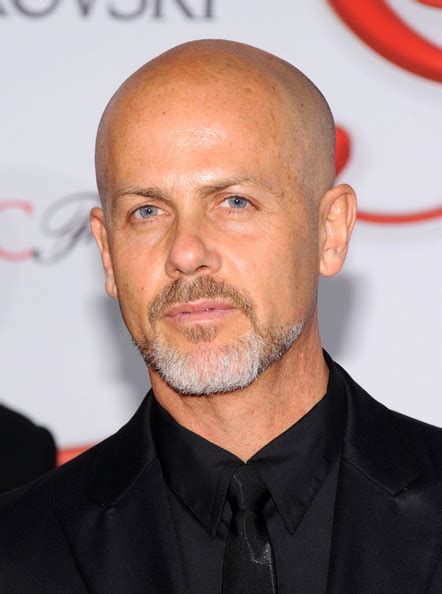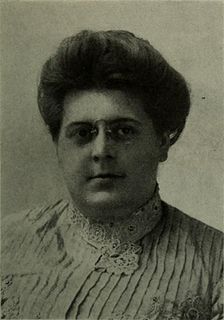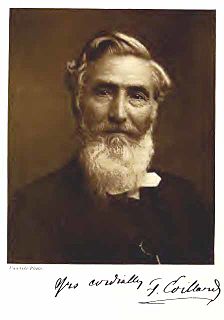A Quote by Keren Woodward
We have never wrapped ourselves up in our own world thinking we are the only people who know what is doing. We listen to other things and see what we would like and what would suit us.
Related Quotes
But the things is, you see, that two people can never actually become one no matter how close they are. And it would not be desirable even if it were possible. What would happen when one of them died? It would leave the other as a half a person, and that would be a dreadful thing. We must each be a whole person and therefore we each need some privacy to be alone with ourselves and our own feelings.
From the moment we are born, the world tends to have a box already built for us to fit inside. Our umbilical cord never seems to be severed; we only find new needs to fill. If we disconnected and severed our attachments, would we shatter our confinements and expand beyond our shell? Would the world look different? Would we recognize ourselves? Are we the box that we are inside, and to be authentically 'un-contained' would we still be able to exist? This is the irony of containment. As long as we don't push on the walls of our surroundings, we may never know how strong we really are.
It is possible to move through the drama of our lives without believing so earnestly in the character that we play. That we take ourselves so seriously, that we are so absurdly important in our own minds, is a problem for us. We feel justified in being annoyed with everything. We feel justified in denigrating ourselves or in feeling that we are more clever than other people. Self-importance hurts us, limiting us to the narrow world of our likes and dislikes. We end up bored to death with ourselves and our world. We end up never satisfied.
There are many things Calvin Klein would have never done - he would have never put men in leggings in a show; he would have never done a fluorescent suit - but these are things that are right for the moment. For example, a fluorescent suit is graphic, and Calvin Klein is about being graphic. And Calvin Klein is always modern at its core, so I inject my own research and my own innovation, and I make it my own. But I never deny that core, because that would be stupid.
Only through art can we get outside of ourselves and know another's view of the universe which is not the same as ours and see landscapes which otherwise would remain unknown to us like the landscapes of the moon. Thanks to art, instead of seeing a single world, our own, we see it multiply until we have before us as many worlds as there are original artists.
I was thinking about framing, and how so much of what we think about our lives and our personal histories revolves around how we frame it. The lens we see it through, or the way we tell our own stories. We mythologize ourselves. So I was thinking about Persephone's story, and how different it would be if you told it only from the perspective of Hades. Same story, but it would probably be unrecognizable. Demeter's would be about loss and devastation. Hades's would be about love.
What we see in the outer is but a reflection of the inner, because we surround ourselves with a picture of our own beliefs. In other words, we manifest in general what we seriously think and believe. So if we want to find out what our habitual thinking is like, we have but to look around us and ask ourselves what we really see.
We're always contradicting ourselves. We want people to tell us apart.... ...yet we don't want them to be able to. We want people to get to know us... ...but we also want them to keep their distance. We've always longed for someone to accept us... But we never believed there'd be anyone who would accept our twisted ways. That's why we'll stay locked up tight... ...in our own little private world... ...and throw away the key, so that no one can ever hurt us.
If those friends who blame...could see what we see, and feel what we feel, they would be the first to wonder that those redeemed by Christ should be so backward in devotion, and know so little of the spirit of self-sacrifice. They would be ashamed of the hesitations that hinder us. But we must remember that it was not by interceding for the world in glory that Jesus saved it. He gave Himself. Our prayers for the evangelization of the world are but a bitter irony as we only give of our superfluity and draw back before the sacrifice of ourselves.
The changes that we can make in the culture can be there for people that we will never meet, that will never know us, and that's what keeps me up at night. It's what excites me about science, that we can learn ways of being with each other. And the behavioral sciences have not been enough of a part of cultural development. The physical sciences have; the behavioral sciences have not. And I would like to see if we can bring some things into human culture that would humanize and soften and empower people.
Humans are really interesting. We're so clever, what we do with our brain. How we manage to con ourselves into thinking all sorts of things is really fascinating. By the same token, if we could just convince ourselves of things that would gather us together and powerfully turn things around for the good, that would be awesome. It's doubtful because we're such a fear-based species.
Not completely, but neither of us gets mad when the other doesn't text back or call. Life's super-busy. Obviously you know what they're doing, and you trust them. We're so young that it would almost be like if we lived in the same city, what would happen? We'd be living together. At least this way he's in the same boat as I am: We can go out and have our own lives and know that we have each other.
Some things are up to us [eph' hêmin] and some things are not up to us. Our opinions are up to us, and our impulses, desires, aversions–in short, whatever is our own doing. Our bodies are not up to us, nor are our possessions, our reputations, or our public offices, or, that is, whatever is not our own doing.
I often wonder what would have happened to me if I hadn't made that decision. I suppose I would have sunk. I suppose I would have found some kind of hole and tried to hide or pass. After all, we make ourselves according to the ideas we have of our possibilities. I would have hidden in my hole and been crippled by my sentimentality, doing what I was doing, and doing it well, but always looking for the wailing wall. And I would never have seen the world as the rich place that it is. You wouldn't have seen me here in Africa, doing what I do.




































